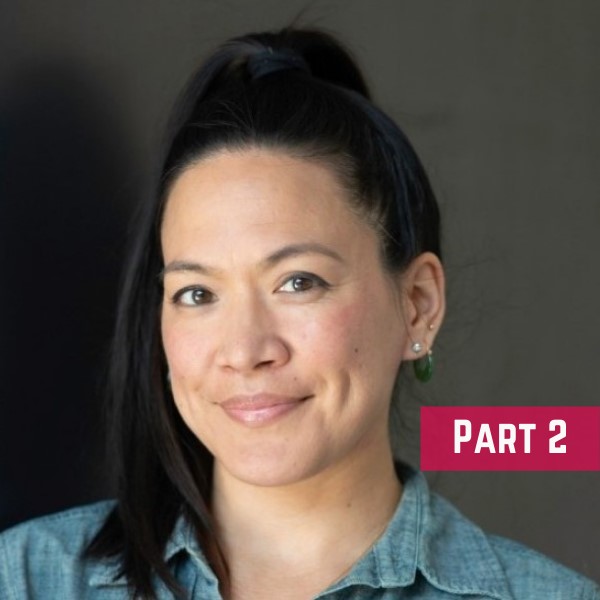Our last episode of Loose Threads addressed the question: “Why do suppliers subcontract?”
We received on supplier response after the episode was released, which we’d like to take a moment to share now:
“I know I'm late to provide a response, but wanted to share our experience with subcontracting. We have a policy against subcontracting. We won't do it by our own accord. However, some brands we work with demand we subcontract to a preferred/nominated facility where they can get a lower cost, such as embroidery, printing, or finishing. Yet, we are expected to carry out the due diligence on the subcontractor and perform audits. It's quite strange.”
This week the question we’re addressing has to do with global pandemic impact. The question is:
“What are things like for suppliers now 6 months after all the order cancellations? Have things gotten better, or worse?”
We’d like to start by sharing what we have seen happen to Pactics, our former employer. Initially, things were quite rough. Our main customer stopped calling off stock overnight, meaning our revenue turned off overnight. The company had to lay off some workers and reduce working hours. But since late spring, things are looking much better, and they are struggling to get enough staff on board. The company is on track to get in more revenue this year than last year, and that’s because of orders for face masks. The company is uniquely situated to address this demand because it’s specialized in digital dye sublimation, a printing technique that lends itself well to customization. So it can easily make the same mask printed with different designs and prints for different retailers. The owner of the company has said to us that he’s been amazed: for the first time in his life, none of his buyers care about price. The only thing they care about is lead time. The question of course is how long this extra demand will last, and how long it will take new producers to enter the market.
Another supplier said: “Six months later, if we only consider the cancellations, things are better. Many brands reversed their decision to cancel orders. But overall we are still not doing good. We talked a lot about change, owners came forward, workers raised voices and many discussed about the faulty supply chain processes. But, all's quiet now.
I have also heard stories of brands forcing their suppliers to be silent. For example, by only committing to solving issues if factories remain silent.”
Another supplier said: “Orders are still down for us. While we switched to some mask production for consumers this only partially helps the bottom line. We expect to end the year somewhere between 40-50% down in revenue from 2019, and we expect this to be case through 2021. The shift in people working from home has lowered the demand for work clothes, shifting to casual and atheleisure, which is not our forte. Also, since people are going out less, then our market research has pointed to much lower demand for new clothes in general. From my cynical sustainability perspective, less demand means less environmental impact, however, the socioeconomic cost of the pandemic is still hovering over the industry. If I assess whether I will still have a job in the near future, my uncertainty begins at about 3 months outlook. That being said our customers have increased their interest in sustainable materials and production. We have received more requests for what we can offer in these categories. From that perspective I think there is some glimmer of hope.”
And finally, another supplier said: “In general price there is even more price pressure due to lower demand. But in some areas price has improved where demand is more like knitting yarn. This is mainly due to change in consumer shift towards non formal wears where knitting fabric are much more used.”

As a result of our collaboration with and support from GIZ FABRIC we had the immense good fortune of connecting with Edwin Keh. Edwin...
In our episode today we have the immense good fortune of chatting to Makala Schouls. Makala is American and trained in textile design and...

Imagine a shop with jeans from all different brands, where the only thing tying it all together is that they’re made of denim from...